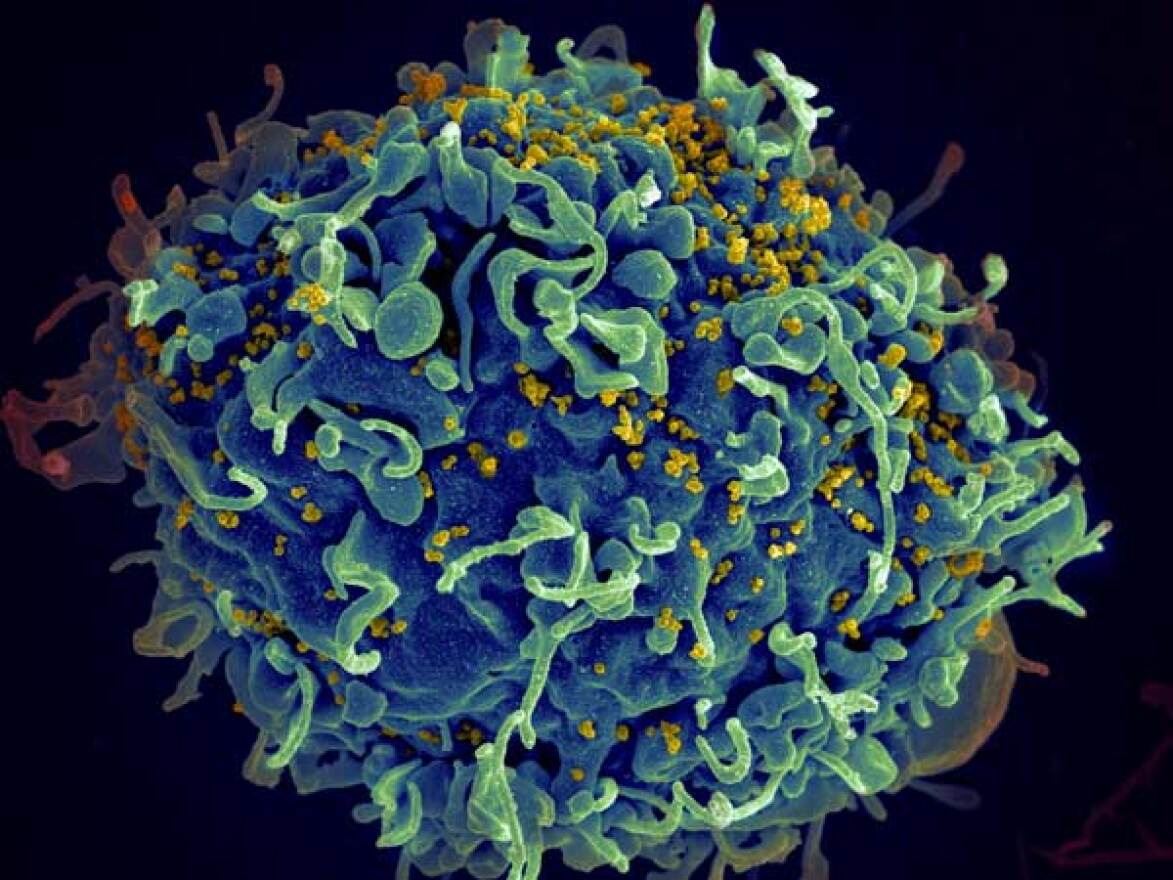South Florida researchers believe they're one step closer to developing a more effective vaccine against HIV, after overcoming a virus that infects monkeys.
Nicknamed the "Death Star," SIVmac239 is a particularly resilient immunodeficiency virus that features the same obstacles that have vexed HIV vaccine researchers over the years: the outer layers around the viruses mutate quickly. It's like the immune system is trying to track a shapeshifter—a defense against the viruses works, and then it doesn't.
"SIVmac239 has been the bane of vaccine researchers for, gosh, decades," said Dr. Michael Farzan, part of the Scripps Research team that just published their work in the journal Science Translational Medicine. "And it's been suggested that [SIVmac239] is, and I think this is accurate, more difficult to protect from than most human viruses."
The idea, explains Farzan, is that if you can stop the Death Star, you're on your way to a vaccine against HIV.
To crack the SIVmac239 challenge, the Scripps team tried something new. They developed a protein in the lab that they suspected would knock out the Death Star. Then they packaged it with a benign little virus. They injected that virus into muscle cells of macaque monkeys. And then they dosed the monkeys with SIVmac239 and waited to see what would happen.
The monkeys were protected from the virus.
"The ability to protect against this particular virus is a noteworthy event," said Farzan.
The next step will be for researchers to see if the lab-made protein and delivery methods are safe in humans. If that works, they can explore whether it's as effective in people as it is in macaques.
South Florida has the highest rates of new HIV cases in the country—something Farzan thinks about when he works in the lab. On a long enough timeline, he hopes this research will help people who are already HIV positive and people who are high risk for becoming positive.
"We're motivated by trying to help those people—by providing them with something that they can walk into a clinic once, and then not worry about," he said.
Copyright 2020 WLRN 91.3 FM. To see more, visit WLRN 91.3 FM. 9(MDAyNDY5ODMwMDEyMjg3NjMzMTE1ZjE2MA001))






